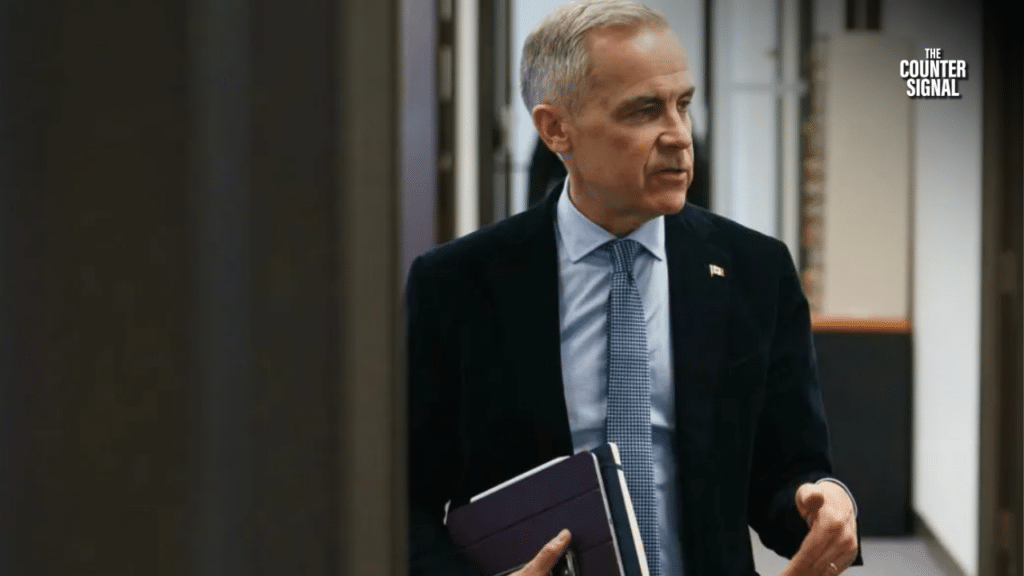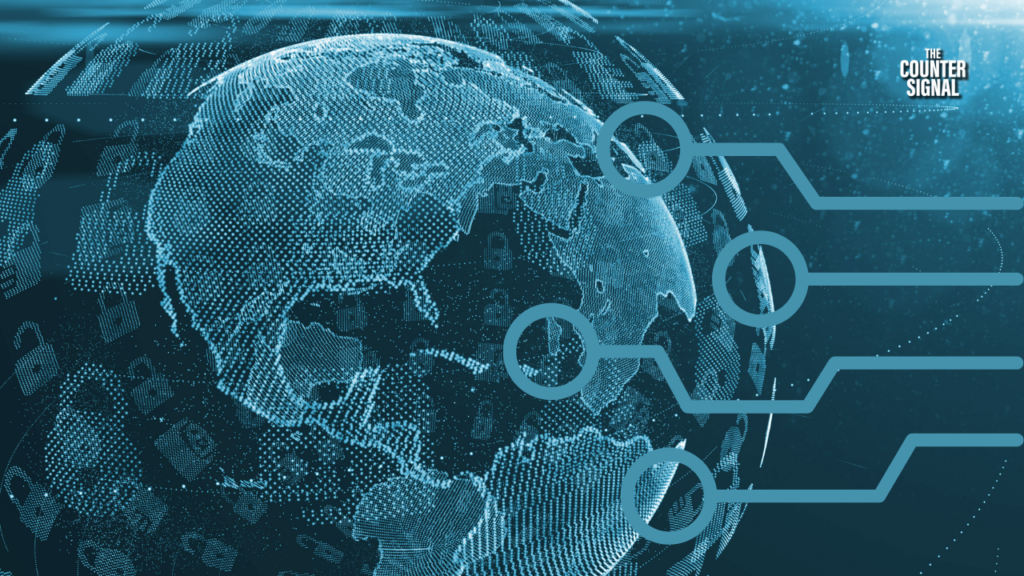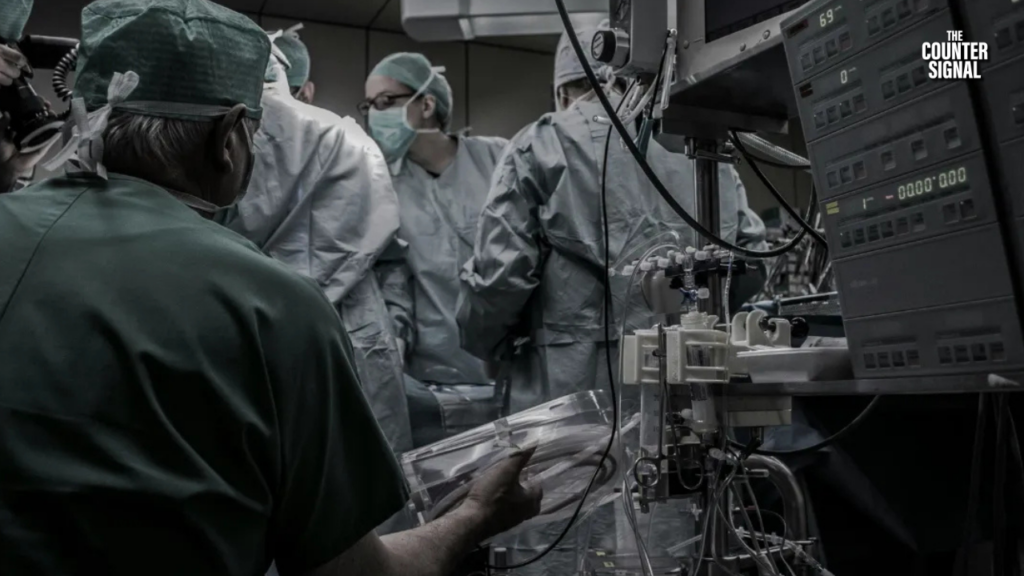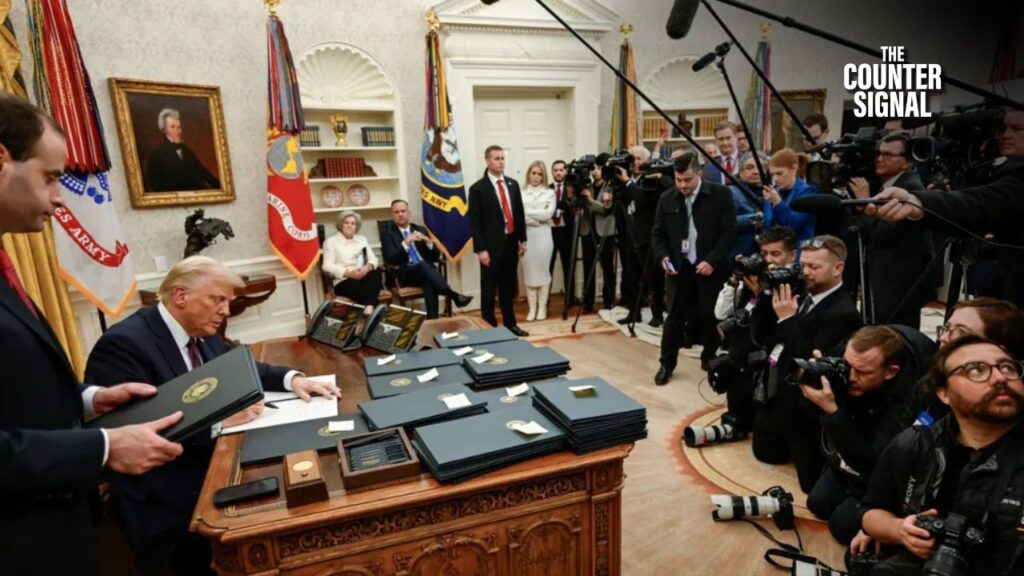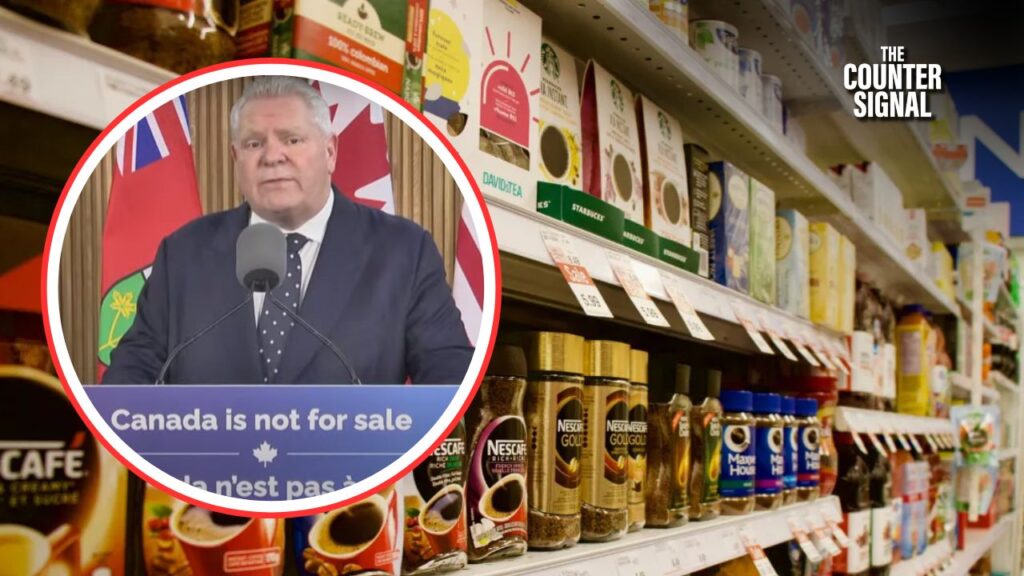On top of two recent whistleblowers quitting and denouncing the network, CBC printed memorable bits of misinformation and “Russia!” conspiracy theories in its 2022 Freedom Convoy reporting.
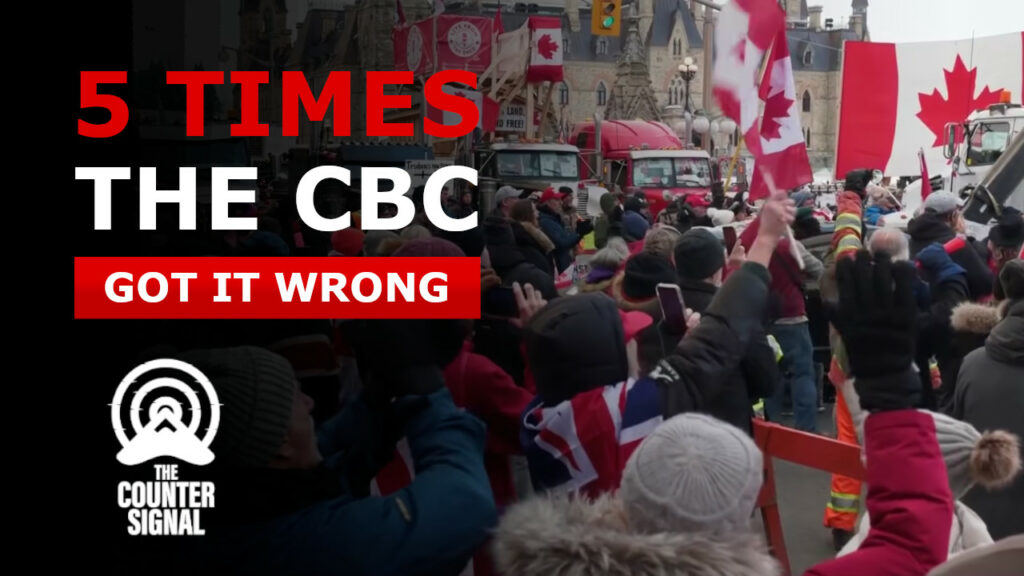
Here are the memorable moments of the state broadcaster’s network’s false reporting on the Freedom Convoy.
CBC suggested that Russia was funding the Freedom Convoy.
On Jan. 27, CBC anchor Nil Koksal interviewed Safety Minister Marco Mendicino.
“Given Canada’s support of Ukraine, in this current crisis with Russia,” she said, “I don’t know if it’s far-fetched to ask, but there is concern that Russian actors could be continuing to fuel things as this protest grows.”
The CBC suggests "Russian actors" are behind the #TruckersForFreedom convoy. Seriously. #cdnpoli pic.twitter.com/a6sQyWtKkx
— True North (@TrueNorthCentre) January 29, 2022
“Perhaps even instigating it from, from the outset,” Koksal asked Mendicino, who didn’t confirm or deny the narrative.
The interview was viewed nearly half a million times within days. As reported by Blacklock’s Reporter, CBC later stated, “A clarification note was added.”
CBC falsely stated GoFundMe halted its campaign over “questionable donations.”
Days later, CBC got another piece wrong. On Feb. 10, CBC’s The World This Hour broadcast said that GoFundMe halted the Freedom Convoy campaign over “questionable donations,” as Blacklock’s Reporter reported.
Subsequently, CBC acknowledged this statement was false.
“On February 10 in a report about the protest convoy CBC Radio’s The World This Hour incorrectly said GoFundMe ended a fundraiser for the protesters over questionable donations to the group,” CBC stated.
CBC repudiates fake news accusations; stands by its reporting.
On Jan. 28, truckers arrived in Ottawa, and CBC published a story implying that as many as 33% of the donations could have come from outside Canada.
“An analysis of GoFundMe donations by CBC News has revealed at least one third of them had been made by donors who chose to remain anonymous or who listed names that were obviously fictitious or political commentary.”
The article included subheadings “Money from Abroad” and “Conspiracy Theorists.”
CBC also sought comment from an individual in Portland, a “senior fellow at the Centre for Analysis of the Radical Right,” to speak to the anonymity of donors.
“That same anonymity could be used to mask interference in a political debate by extremists or foreign state actors,” CBC paraphrased the individual as stating.
“‘It wouldn’t be surprising at all because their number one objective is to destabilize a political climate that enables liberal democracy,’ he said. ‘So they will empower whatever political tendency that might militate against liberal democracy for whatever reason.'”
In February, CBC published another analysis which found that 573 of 6,600 donations were foreign. Its analysis said this totalled 8% of donations, but added, “The donations identified by CBC News are likely only a fraction of all of the donations made by people outside of Canada.”
GoFundMe’s president later said that 88% of donated funds originated in Canada, which appears consistent with CBC’s analysis.
In June, CBC News said it said stands by its numbers.
CBC runs news story stating Freedom Convoy protestor “regrets” attending.
In May, CBC ran an article titled “‘I regret going’: Protestor says he spent life savings to support Freedom Convoy.”
“‘ I would like to apologize to [the] people in Ottawa,” said the man in question, Martin Anglehart.
“I’m sorry … All I wanted was to help people.'”
CBC didn’t fact-check some pertinent claims made by Anglehart, as pointed out by Fox News reporter Gregg Re.
Re noted that CBC’s article stated Anglehart was arrested. The arrest claim was supported by a picture that had nothing to do with an arrest. It was a picture of the ‘offence notice’ that protestors were given by police instructing them to leave the city.
CBC later corrected their article with a new caption.
Re further challenged Anglehart’s claim that his bank account was frozen, which the CBC reported. Anglehart had recorded a video where he calls his bank and claims his accounts are frozen, but the bank representative sounds confused and does not verify the claim.
“CBC reports that the man’s bank account has been “frozen.” Supposedly, the individual posted this video as proof, but it merely suggests e-transfers did not go through. The man feeds the line about accounts being “Frozen.” CBC repeats it,” says Re.
Update: Have now obtained records of Anglehart’s wire transfers. It appears CBC did not bother to check where Anglehart was sending his money, or request withdrawal receipts. They simply assumed it was going to accounts Anglehart did not control. CBC promising response today.
— Gregg Re (@gregg_re) March 27, 2022
Update: @CBCNews has responded. They are refusing to investigate the credibility of the man’s claims further, saying, “The angle of this report is one man’s personal story about the amount of money he spent on the protests.” In other words, it’s a story, what more can we do?
— Gregg Re (@gregg_re) March 27, 2022
Additional @CBCNews statements below. These are both false. The reason I know these are false is that Rebel News visited this person's address in Quebec. They also retrieved financial documents showing payments to Anglehart's account. It's way more than $2,000. pic.twitter.com/LCFjK28Bx9
— Gregg Re (@gregg_re) March 28, 2022
CBC ultimately defended the article, saying it was the narrative of the man’s “personal experience.”
“Update: @CBCNews has responded,” tweeted Re.
“They are refusing to investigate the credibility of the man’s claims further, saying, ‘The angle of this report is one man’s personal story about the amount of money he spent on the protests.’ In other words, it’s a story, what more can we do?”




